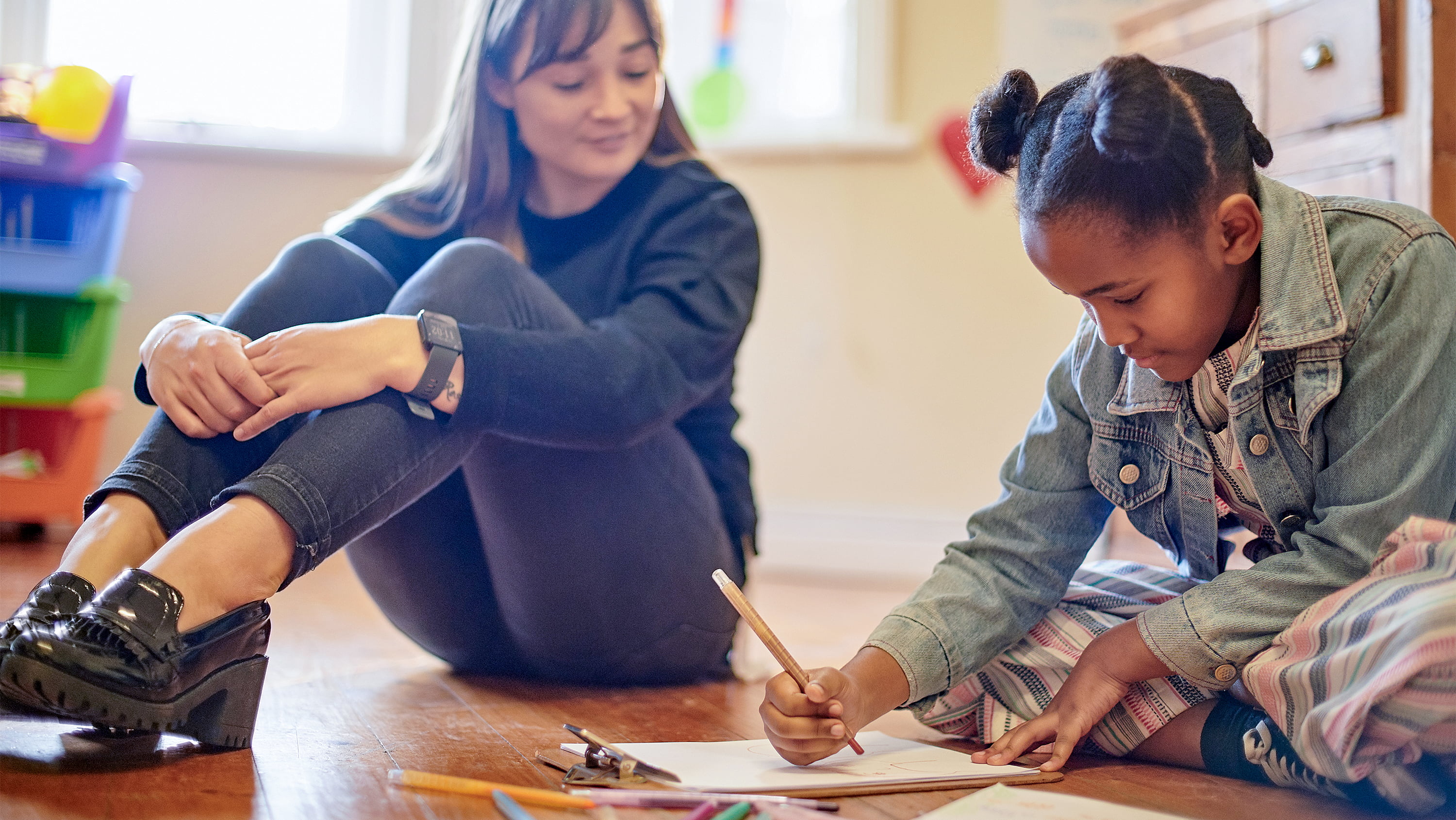There are some types of information that are easy for researchers to measure with the right equipment, such as heart rate and lung capacity. But how do you measure something more subjective, like whether a child feels included in an activity at summer camp?
For quite some time, the answer has been to ask parents, guardians or educators to essentially speak on behalf of the child. But that might not be the best path forward, according to Nancy Spencer, associate professor in the Faculty of Kinesiology, Sport, and Recreation at the University of Alberta.
Not just about them, but alongside them
Spencer’s research focuses on engaging with children and youth experiencing disability, and her doctoral studies centred on inclusion in recreational activities such as play at recess or participation in sports. From her perspective, there’s a need to rethink how we value and amplify children’s voices when doing research with and about them, particularly on topics like inclusion.
“In my field, it was more common to think about inclusion as a process, as some strategies and a philosophy rather than a feeling,” says Spencer. “So I started to look at how children described what it meant to feel included.”
Spencer’s work suggests that if researchers gather information in a way that purposely includes, for example, what children report rather than what their parents and teachers observe, the children feel empowered and research findings are more likely to be relevant to their lives.
“If the voices of the people we think we’re doing this research for aren’t an integral part of it, I don’t think the proposed solutions have much hope of actually generating change,” says Spencer.
The challenge of meaningful inclusion
One challenge with doing research involving children is that study methods like standard questionnaires and interviews can be exclusionary — especially for those experiencing disability. More inclusive ways of gathering information could include encouraging kids to draw images of their feelings and experiences, or allowing them to lead the researcher through an area they consider significant, such as a playground.
These inclusive approaches were something Rebecca Rubuliak, a former Master’s student of Spencer’s, was mindful of when designing a small qualitative study involving children experiencing disability, exploring the children’s perspectives on inclusion and belonging at recess. The study was the subject of a chapter in the book Research with Children and Young People in Physical Education and Youth Sport, and Rubuliak is now bringing her expertise to Skills Society, a not-for-profit organization providing support services to people with developmental disabilities.
Rather than taking the standard approach to gathering information, Rubuliak allowed the children to guide her through a playground one-on-one, create drawings and take photographs that illustrated their experiences and feelings. Once she had developed a rapport with the children, she also conducted semi-structured interviews.
The young participants were also given the opportunity to indicate which approaches they would and wouldn’t enjoy in advance. The intention was to build relationships and create an environment in which the children felt empowered to have a say in the research process.
“A lot of the chapter is about how we conduct research ethically with young people. It’s about trying to shed some of our assumptions that adults know best, to let children have choices and decide how they’re going to share.”
The researchers’ aim was to put the children’s perspectives front and centre by using narratives, vignettes and poems to present the study findings. They also evaluated the design of the study using “CREATE principles” — an acronym for connections, reflexivity, empathy, adherence, transparency and empowerment — which was a methodology developed to ensure research is done with, by and for youth, not just about them.
“It’s a big shift from seeing children as unreliable sources of information, not capable of being able to share, to actually valuing their perspectives and recognizing that they have a right to speak for themselves and be viewed as experts in their own lives.”
